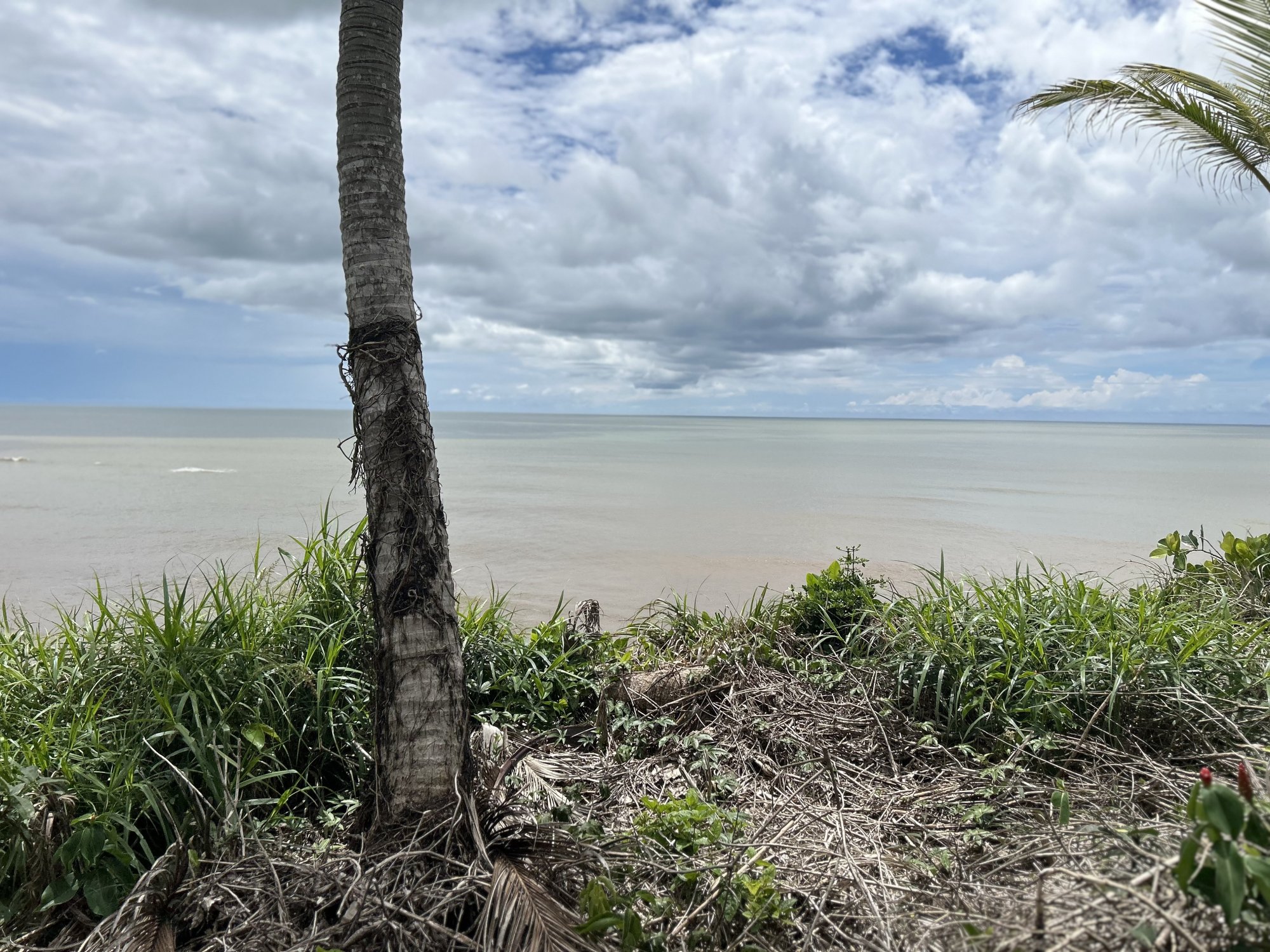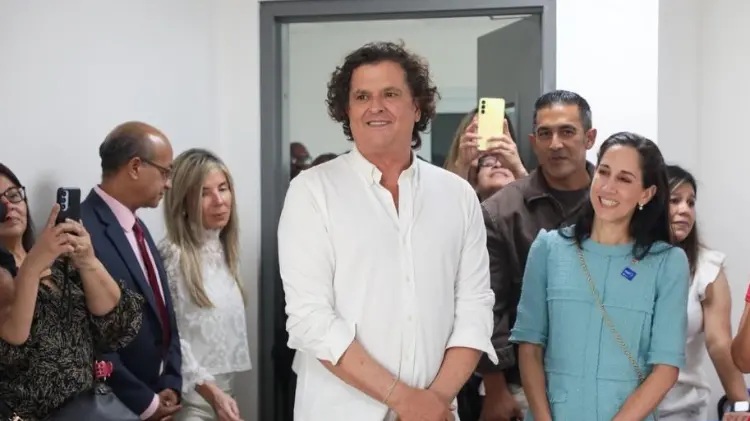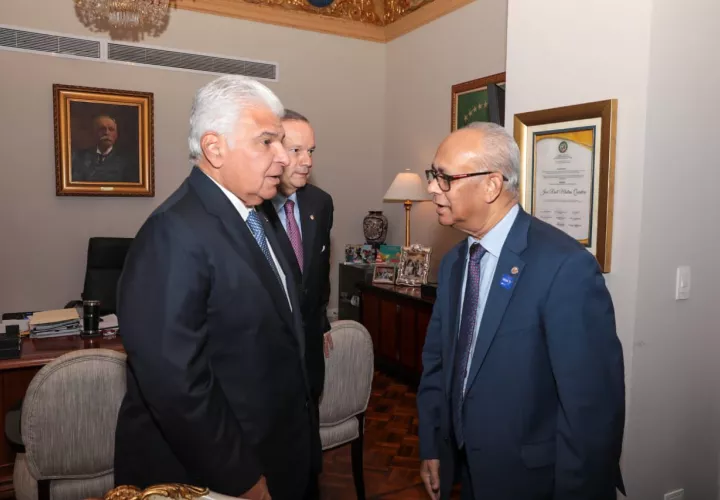Panama Government Proposes a 3-Year Increase in Retirement Age
Health Minister Fernando Boyd took the document to the National Assembly along with Dino Mon, director of the entity, and a group of ministers.

Along with the increase in retirement age, there will also be an increase in employers’ contributions and an increase in their annual contribution to the CSS. Workers will not be subject to an increase in their contribution percentage. The project proposes raising the retirement age from 57 to 60 for women and from 62 to 65 for men. The Cabinet Council approved on Wednesday, November 6, the bill to reform the Social Security Fund (CSS) proposing relevant changes to the public pension system. Thus, the Minister of Health, Fernando Boyd, took the document to the National Assembly together with Dino Mon, director of the entity. There are five points that will become the core of the reforms that were presented to the National Assembly for approval: a three-year increase in the retirement age for all men and women under 55 and 50 years of age, respectively; a 3% increase in the contribution paid by companies; and the elimination of the mixed pension system to form what they have called the “single solidarity fund.” Workers who have paid their contributions will be able to retire before the recommended age, but with a lower proportion of their pension. According to the bill, the State will also make a mandatory annual contribution of $966 million with the aim of creating a cushion, over time, for the payment of pensions. The amount would be adjusted annually as part of an actuarial exercise. To ensure the contribution, it would be included each year in the general state budget.
On the other hand, a basic pension of $144 will be created for those who have not contributed, with an annual adjustment according to the Consumer Price Index. This replaces the central government program that grants $120 to Panamanians over 65 years of age who have never contributed. The government has created two layers of beneficiaries in the case of non-contributory pensions. In addition to the $144 for those aged 65, there would also be a universal basic pension to support workers who have made practically no contributions, so that they can reach a pension of around $250. In the case of an increase in the retirement age, this would not apply to all workers who are part of the current exclusively defined benefit subsystem (SEBD). Those who have less than seven years left to retire will be allowed to retire under the same conditions that have governed the program to date, through the current Law 51 of 2005. For the youngest, who are in the mixed system until now, there would be a significant change, according to the plans of the Executive, which proposes a “more beneficial” condition, with the recognition of contributions of 15% of their salary, and not 10%, which is how it currently applies. According to CSS director Dino Mon, this condition will allow workers in this program to reach retirements with replacement rates above 60%. The President of the Republic, José Raúl Mulino, spoke with journalists and media directors on Wednesday morning, to whom he gave some details of the changes that would be proposed.





